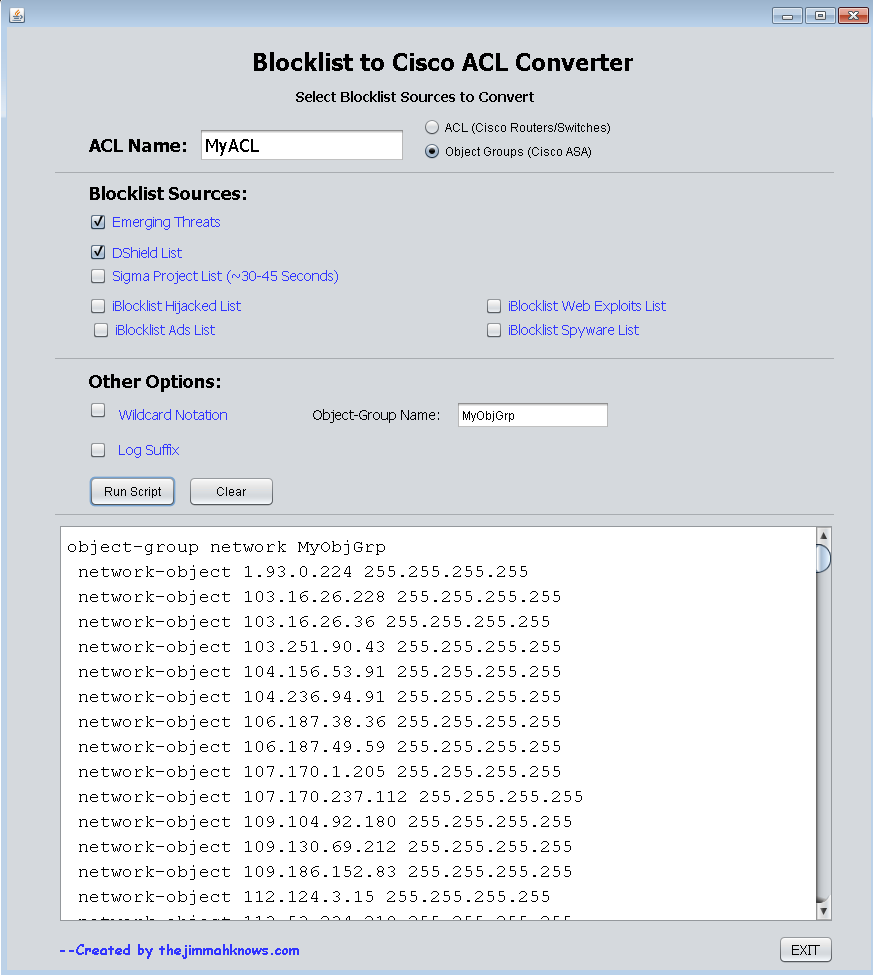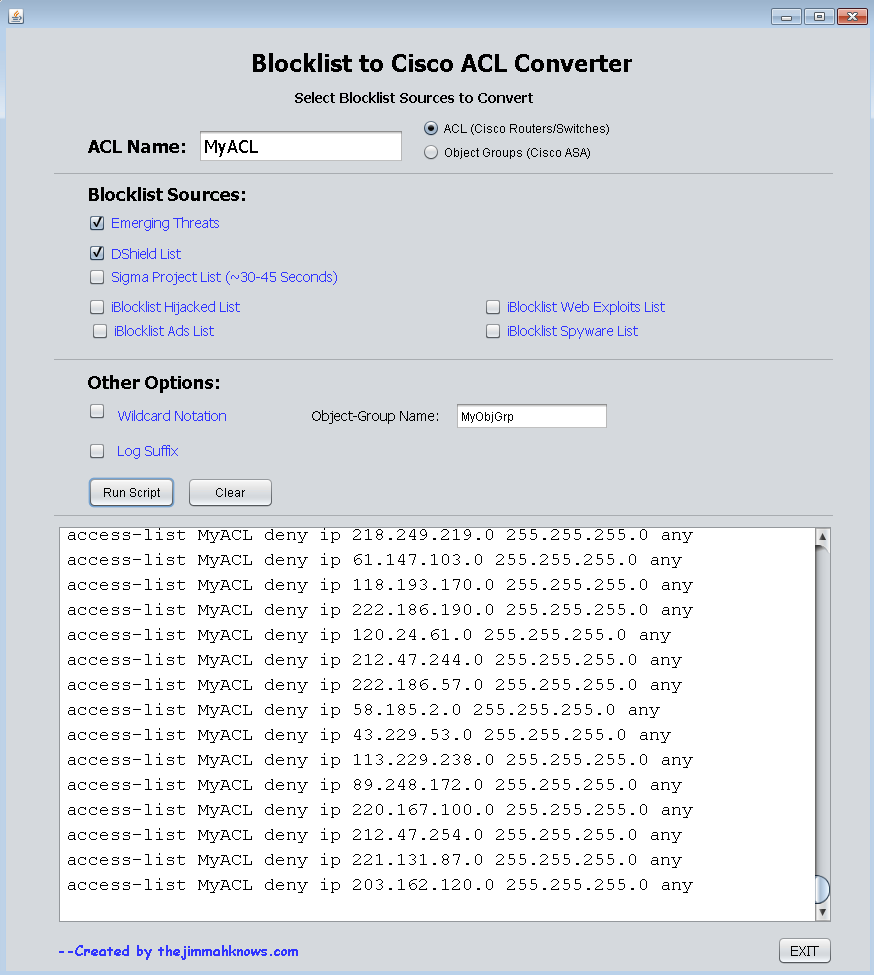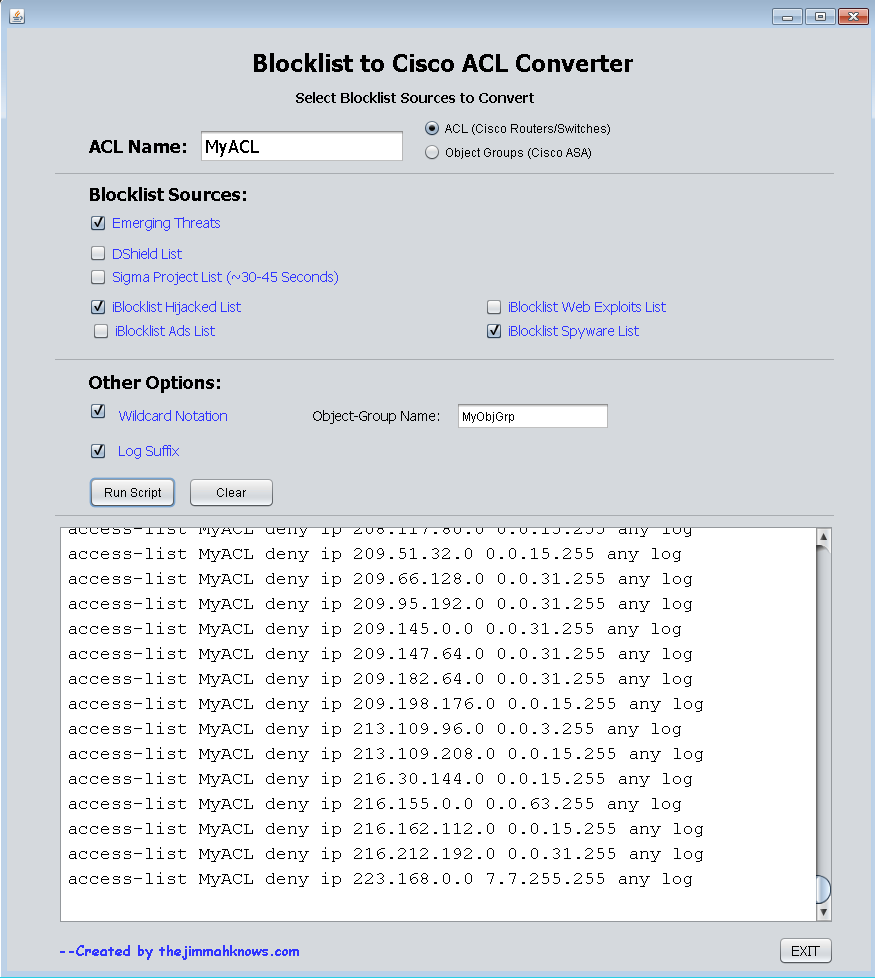I was wondering today…I used to see this screenshot of a ASCII cow in a terminal that was giving some sort of advice or fortune. After a little googling I found the application fortune which shows you a simple fortune when run from a terminal on linux/unix. I also found the application cowsay which is the app that shows the ASCII art of animals with a comic balloon. By default a cow, however there are many others. I chose tux.
$ fortune | cowsay
_______________________________________
/ Don't go around saying the world owes
| you a living. The world owes you |
| nothing. It was here first. |
| |
-- Mark Twain /
---------------------------------------
^__^
(oo)_______
(__) )/
||----w |
|| ||
Why the pipe? because fortune echos a string, and cowsay reads in a string.
Now the problem was I had to type the command every single time. To solve this we turn to your users .bashrc file. Located ~/.bashrc for Ubuntu users. Edit the file with your favorite text editor and add the following lines at the bottom.
if [ -x /usr/games/cowsay -a -x /usr/games/fortune ];
then fortune | cowsay
fi
(if statement checks to make sure both cowsay and fortune are installed)
Now, everytime you open a terminal or command prompt you’ll have a cool animal telling you a fortune!
Sources:
http://askubuntu.com/questions/16428/showing-a-cowsays-in-every-new-terminal-session
Cool Android app here. This will send SMS text messages from your phone as cowsay!!



